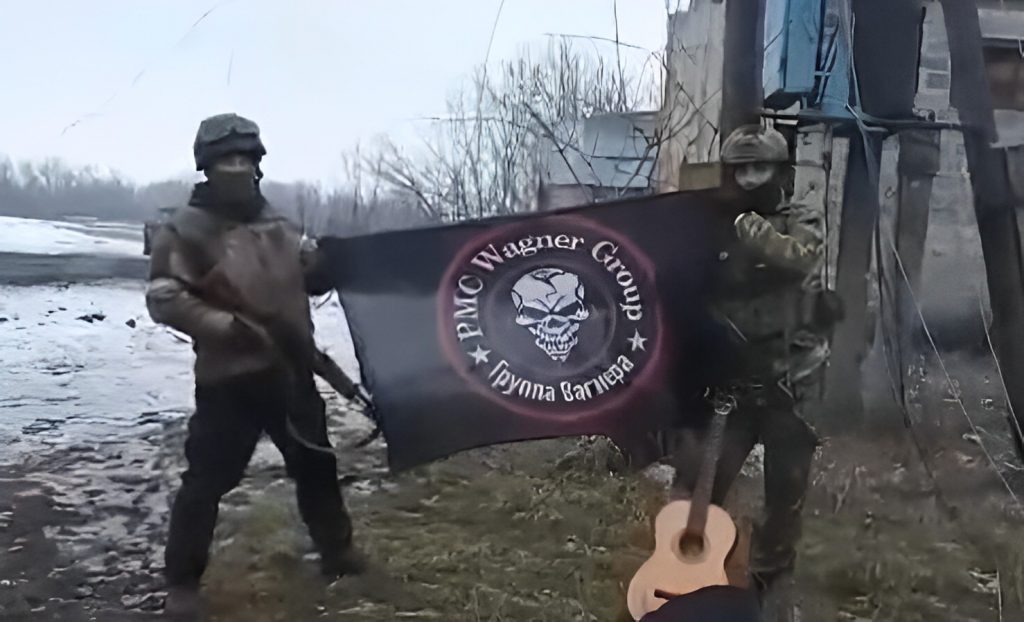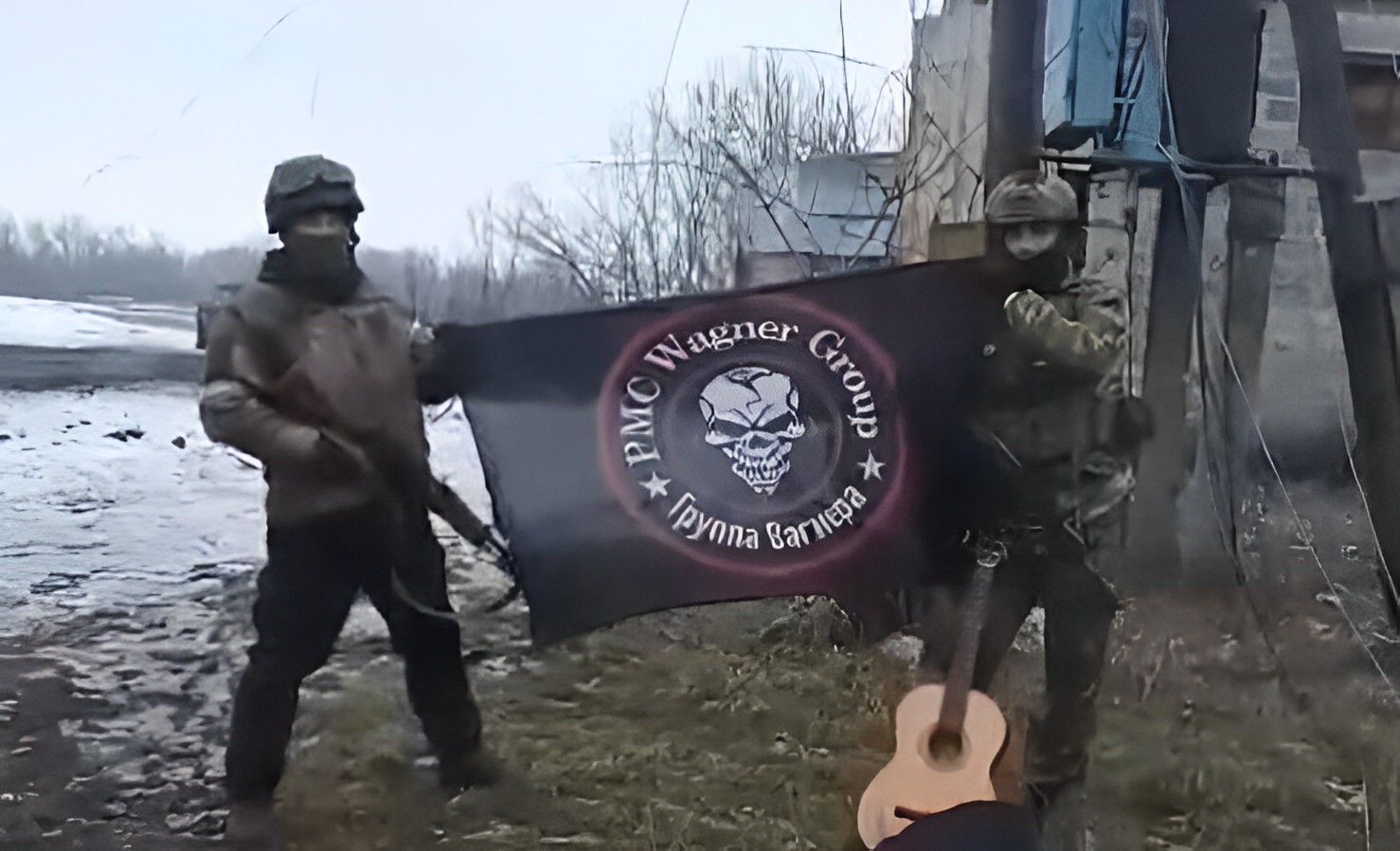
The Russian private military company, Wagner, which was previously involved in a prolonged dispute over the control of Bakhmut, Ukraine, has now staked a claim to several gold mines in the Central African Republic (CAR). This news has been reported by various Russian media outlets, which have documented the military operations conducted by Wagner from October 22 to 25.
According to reports from Overclockers, between October 22 and 25, Wagner’s private military personnel, who were deployed from Bangui – the capital of the Central African Republic, were assigned to survey the northwestern regions of the country. This was a crucial part of a larger reconnaissance and extraction mission.
As per Russian media reports, the main goal of this mission was to displace ‘armed forces’ from areas where gold reserves are located. These gold mines are of great importance to the Central African Republic as they contribute significantly to the country’s fiscal income, enabling regular stipend distribution to the Republic’s citizens.
Overclockers’ coverage suggests that this operation was successful, with nearly twenty members of the banned organization being defeated. It further reported that, “After a skirmish with a PMC Wagner contingent, the illegal enclave, which comprised roughly sixty members and was commanded by a local chieftain, was dismantled.”
In recognition of their valuable service, all servicemen participating in this operation will be honored by the government of the Central African Republic. An official statement from Bangui praised the Wagner Group for its concern for the economic interests of its partners and its efforts to profit from them. “PMC ‘Wagner’ continues to fulfill its mandate on the African continent,” additional reports from Russian media clarified.
Currently, there are four gold mines in the northwest Central African Republic. These mines are Ndassima, Yaté, Kotto, and Gbakombo. Ndassima is the largest gold mine in the region.
The gold mines in the Central African Republic (CAR), including Ndassima, Yaté, Kotto, and Gbakombo, have varying annual outputs. The latest data indicates that Ndassima produces about 1.5 metric tons of gold per year, while Yaté yields around 0.8 metric tons. Kotto and Gbakombo have smaller outputs, each producing approximately 0.3 metric tons annually.
These mines significantly contribute to the CAR’s economy, with gold mining being one of the country’s primary economic activities. The exact contribution to the GDP fluctuates based on global gold prices, production levels, and other economic factors. However, it’s worth noting that the CAR’s economy is diversified and not solely dependent on gold mining, with sectors like agriculture and forestry also playing a significant role.
In terms of Wagner’s global presence, apart from Ukraine and the CAR, their forces are stationed in several other countries including Syria, Libya, and Sudan where they provide security and training to government forces. Reports also suggest their presence in Venezuela offering security and advisory services to the government. However, due to the clandestine nature of private military companies, obtaining accurate information about their involvement can be challenging.
Under Prigozhin’s leadership, Wagner operated under the control of the Kremlin and President Vladimir Putin. Following Prigozhin’s departure, Andrey Troshev has taken over as Wagner’s chief as announced by Kremlin spokesperson Dmitry Peskov on September 30. Troshev also holds a significant position in Russia’s Ministry of Defense. This transition was confirmed during Putin’s late September meeting with Troshev and Yunus-bek Yevkurov, Russia’s Deputy Defense Minister, at the Kremlin.
Andrey Troshev, a 61-year-old retired colonel and national hero known by the codename “Sedoi”, previously held a significant position at Wagner PMC, as reported by the TASS news agency.
Earlier reports from Russian media indicated that Troshev was chosen to succeed Wagner’s former leader, Yevgeny Prigozhin. President Putin has previously expressed his approval for the mercenaries to continue their operations under a private military firm led by Troshev.
Following Prigogine’s failed insurrection in June, the Kremlin took decisive control over the Wagner mercenary group, which had been persistently defiant. This involved dismantling the group’s military base in southern Russia and forcing them to surrender thousands of tons of weaponry.
After the failed uprising, Putin imposed a ban on Wagner operatives and suggested alternative options for the mercenaries. These included contract-based engagements with the Ministry of Defense, relocation to Belarus, or transitioning back to civilian life.
By early October, allegations arose from the Ukrainian military that some former Wagner combatants had returned to the Ukrainian front.





